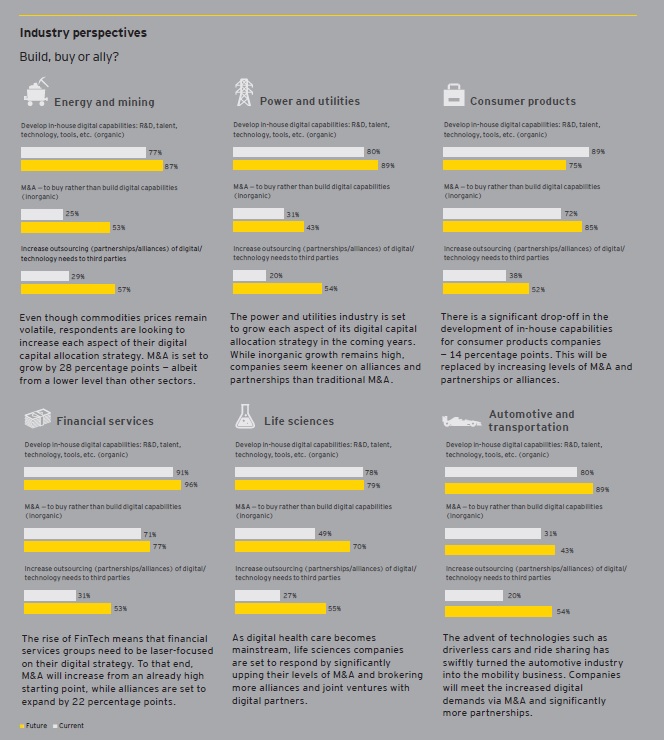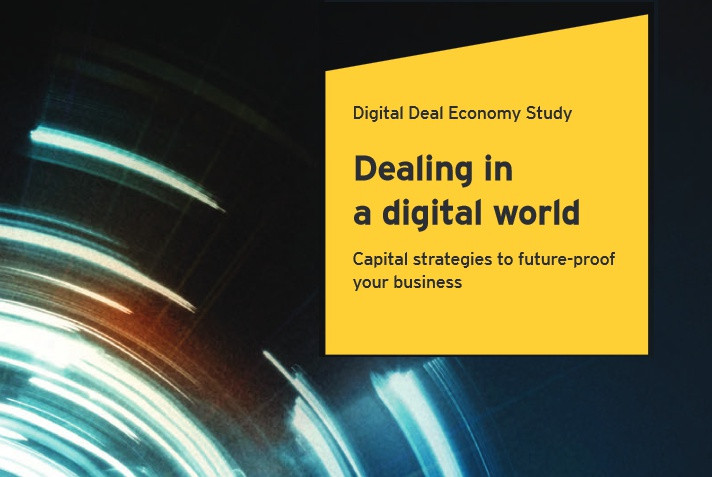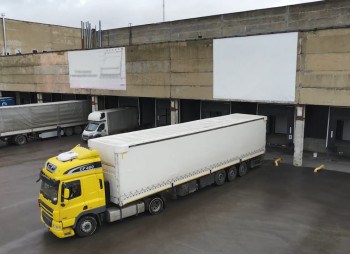- Robust global M&A despite market volatility and geopolitical uncertainty
- Shifting economic power sees Chinese outbound deals at record levels
- Digital to drive future deals as 67% of executives plan to buy new capabilities, according to new EY study
Despite high levels of volatility in capital markets and uncertain economic growth, global deal making held its ground in the first half of 2016.
While headline deal value fell by 18% in the first six months, compared to the same period in 2015, the shortfall was almost entirely driven by eight fewer megadeals (over US$10b). This year’s deal value is also flat against 2014 but up 35% against 2013.
Deal volume remained relatively flat with 17,642 deals announced in the first half of 2016 against 17,665 in 2015 and 17,464 in 2014.
Steve Krouskos, EY Global Vice Chair – Transaction Advisory Services, says:
“Businesses need growth to satisfy investors and – in many cases – organic options alone are not providing enough momentum. In addition, disruptive change across the whole business landscape is intensifying competition and impacting core business models. Doing nothing is not an option for many companies as they look to seize competitive advantage, bolster growth prospects and manage costs through deals.”
EU referendum – a setback for M&A activity?
EY analysis finds the impact of the recent EU referendum in the UK could have an influence on M&A activity globally in the short-term. In Europe, a period of uncertainty could see companies in the UK and the EU hold back on near-term investments until the future path is more certain.
At the same time, acquisitions of UK and EU assets and companies by US and Asia-Pacific organizations could accelerate, if the relative values of IP-rich assets with a global customer base become more attractive. This would be most likely seen in the technology, industrial, life sciences and consumer products sectors in the UK and wider EU.
“There will inevitably be some short-term uncertainty for businesses in Europe as they navigate the complex implications of the UK leaving the EU,” says Krouskos. “However, the UK remains open for business and the longer-term strategic rationale to do deals will underpin activity.”
“Additionally, in today’s inter-connected and globalized market any short-term uncertainty will also likely create M&A opportunities for companies further afield looking to invest in the region at what could be at attractive price points.”
China buying power comes to the fore in 2016
Illustrating the changing dynamics of global M&A, 2016 has seen a new record set by Chinese companies acquiring overseas.
“In terms of China outbound deals, the first six months of 2016 alone have surpassed the whole of 2015 – which itself was a record,” says Krouskos. “Modified growth at home and the government’s efforts to support Chinese companies’ expansion plans have propelled firms to acquire overseas to help develop the domestic economy and prosperity.”
Chinese companies announced 387 deals in the first half of 2016, with a cumulative deal value of US$129b, surpassing the 2015 full-year record of US$97.9b. One area that Chinese companies have renewed focus is in the acquisition of industrial robots and related software, especially targeting European companies.
China is already the world’s largest user of industrial robots. It now looks as if China is aiming to be the leading supplier as well as it hunts out technological innovation across the world.

New digital deal economy to support future M&A
According to EY’s Digital Deal Economy study of more than 600 non-technology corporate executives, also released today, nine out of 10 businesses globally now say they face increased competition from companies that have embraced digital.
Bolstering the prospects of global M&A, the study also finds that almost two thirds of executives (67%) plan to acquire digital capabilities in the next two years as they look to transform their businesses.
The survey shows that executives recognize that digital transformation is impacting all aspects of their business – from the front-end to the back-end. They also know that the competitive landscape is changing rapidly as barriers to entry are eroded by new technologies.
Krouskos says: “The critical question is can companies build the capabilities required to succeed in the brave new world – or do they need to buy? The majority of executives are opting to acquire, recognizing that trying to achieve digital transformation through organic means alone could be too slow.
“Technological advances continue to drive sector convergence and turbo-charge changing consumer behaviors. This is compelling companies to adopt forward-looking, deal centric strategies to confirm they future proof themselves for a digital world.”
The trend of non-tech companies acquiring assets in the technology sector continued in the first half of 2016 as businesses look to the power of digital to accelerate their growth.
Alliances are also becoming more attractive – alongside or even in place of acquisitions – as companies look for new digital capabilities. According to EY’s study, a third of executives now plan to create alliances and partnerships in the next two years.
“Nearly 90% of executives have elevated digital transformation in their capital allocation strategies and acquiring innovation is the preferred route,” concludes Krouskos. “Executives are concluding that the most effective way to achieve their digital goal is to help ensure that all investment decisions support the future vision for the digitally-enabled business. A future-proofed digital capital strategy is at the heart of dealing in a digital world.”
Dealogic data as of 15/07/2016






